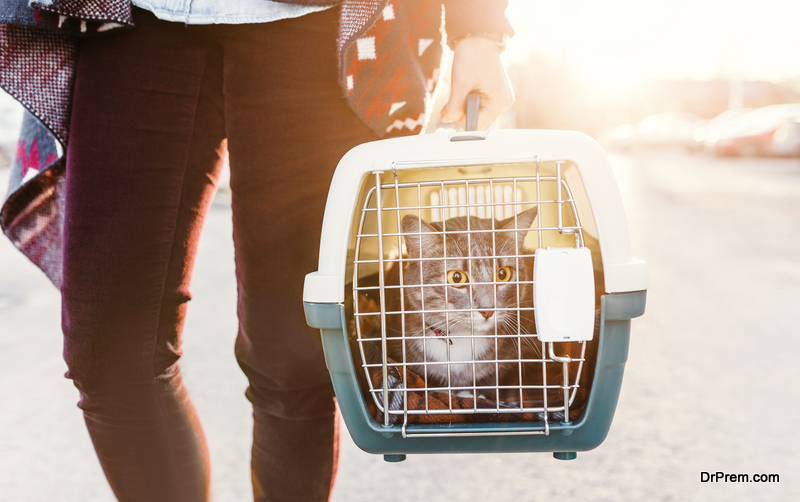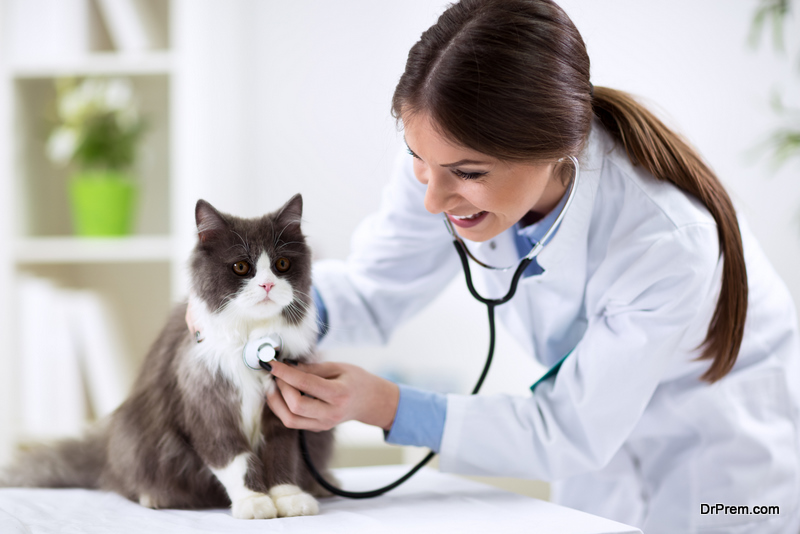“Mini-Pisncher says: ‘Tax the Big Dogs” by Sarah Mirk from Creative Commons
For most people, having pets in and around the home brings a certain amount of joy. We often hear these folks refer to their furry friends as members of the family. In many cases, it’s ill-advised to refer to their beloved furballs as property.
Yet, we usually pay a fee when we adopt a new companion from either a breeder, rescue group, pet-store, or animal shelter. One would want to believe that the taxman will look the other way on this one occasion. However, in many states, this expense is taxable.
To Which Animals Does Sales Tax Apply?
 Although there’s a significant variance in the specifics between states, sales tax is generally added to the purchase price of “non-food animals” (any creature that’s bred or kept for purposes other than human consumption). The list of taxable species include:
Although there’s a significant variance in the specifics between states, sales tax is generally added to the purchase price of “non-food animals” (any creature that’s bred or kept for purposes other than human consumption). The list of taxable species include:
- Dogs
- Cats
- Monkey’s
- Birds
- Exotics animals
- Gerbils
- Fish
- Invertebrates
- Reptiles
- Show animals
- Service animals
- Working animals
- Trained animals
- Pet breeding stock
- Earthworms
Yes, you read that right, earthworms, although not expensive, are taxable.
Taxes on Pet Supplies, Services, and Equipment
Taxes are added to the sale or lease of pet supplies and equipment such as:
- Pet carriers
- Feeders and bowls
- Blankets and bedding
- Kennels, cages, and crates
- All types of collars
- Leashes
- Combs and brushes
- Pet food
- Pet clothing
- Shampoos and conditioners
- Medicine, including prescription drugs
- Toys
Furthermore, pet-related services such as the following are also taxable:
- Bathing and grooming
- Obedience classes
- Boarding
- Pet sitting
- Clipping and polishing of nails
- Pet daycare
- Dog walking
“Violet’s first trip to Pet Supplies Plus.” by rpavich from Creative Commons
Taxes on Veterinary Services
Goods Used by Veterinarians
 In general, veterinarians are eligible to pay taxes on all goods used to provide care for animals. This includes consumables such as medicines and IV bags that the doctor uses during the treatment unless a specific exemption applies.
In general, veterinarians are eligible to pay taxes on all goods used to provide care for animals. This includes consumables such as medicines and IV bags that the doctor uses during the treatment unless a specific exemption applies.
However, vets are exempt from taxes on goods resold to their clients and those materials that’ll become part of or attached to the animal. This includes:
- Pacemakers
- Horseshoes
- Pins
- Other implants
Exempt Prescription Treatments, Vaccines, and Drugs
This exemption applies to all substances used to prevent, treat, or mitigate a disorder or disease, but only when the product is sold on prescription to the customer. Should the doctor use the item while treating an animal, he’s eligible to pay the sales tax.
Taxes Payable by Customers
Even though veterinary services are exempt from taxes, customers are responsible for paying sales tax on any products that become part of or attached to the animal being cared for, unless the item is deemed tax-free. This is referred to as a bundled sale. Should there be a separate charge to the customer, the levy still applies as it relates to the purchase of taxable goods.
Sales Tax on Pets: Exemptions
“Cat at a Pet Adoption Festival” by Snap Man from Creative Commons
Should you choose to give a dog or cat a new lease on life by adopting one from the Humane Society in Ohio or a nonprofit animal rescue organization, you can do so tax-free. Unfortunately, this exemption doesn’t apply everywhere. Washington and several other states give no sales tax exemption to nonprofits.
If you buy pet food that’s classified as therapeutic veterinary diets in Florida, you won’t be charged a levy. In Wisconsin, should your beloved furball pass on to doggy heaven, you can have him cremated tax-free. Also, no sales tax may be added to guide, hearing, and other service dogs purchased in New York.
Under an exemption for services that aid the blind, Maine doesn’t add taxes to seeing-eye dogs or the supplies needed to care for them. Texas has taken this one step further by exempting K9s used for herding purposes as well.
To Wrap Things Up
There’s considerable variance between the states when it comes to taxes on pets. The list of what is taxed and what’s not is simply too long to cover in one article. Regardless of the amount you’re responsible for paying, though, it’s negligible when compared to the love and joy that a pet brings you. They’re always happy to see you when you come home, and their loyalty is unmatched.
Some would even go so far as to say that if you haven’t experienced an animal’s love and friendship, you haven’t loved at all.
Article Submitted By Community Writer



